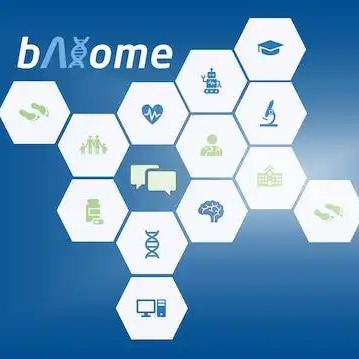
Prostate cancer accounts for 9% of cancer related deaths in the male population. One in eight men will be diagnosed with prostate cancer (PCa) in their life-times. However, up to 80% of men diagnosed by PSA screening will not develop symptoms if left untreated. The resulting personal as well as socio-economic burden of over diagnosis is considerable and expected to increase in our aging society.
Currently, the diagnosis of Prostate cancer (PCa) and treatment decisions are based on Gleason scores and nomograms. However, both suffer from limitations. In a joint effort, bAIome researchers together with clinicians from the Martini-Clinic of the University Medical Center Hamburg-Eppendorf, are building a smart clinical decision support system for Prostate Cancer diagnosis and therapy.
The project goal is to provide individual and objective prognoses for PCa patients through predicting relapse after radical prostatectomy. We build and train deep learning-based models that predict the probability of a patient having a relapse. We can show that our survival models perform on par or outperform predictions based on current clinical scores and have the advantage of showing the course of the probability of relapse over time. We are making our methods more robust, mitigating differences caused by specimen preparation, different stainings and different scanners. We plan to develop our method as a product, together with industry collaborators.
Contact: Stefan Bonn
Publication:
Dietrich E, Fuhlert P, Ernst A, Sauter G, Lennartz E, Stiehl S, Zimmermann M, Bonn S, Towards Explainable End-to-End Prostate Cancer Relapse Prediction from H&E Images Combining Self-Attention Multiple Instance Learning with a Recurrent Neural Network, Machine Learning for Health (ML4H) 2021. Cornell University, 38-53.
Link to paper


Stay In Touch